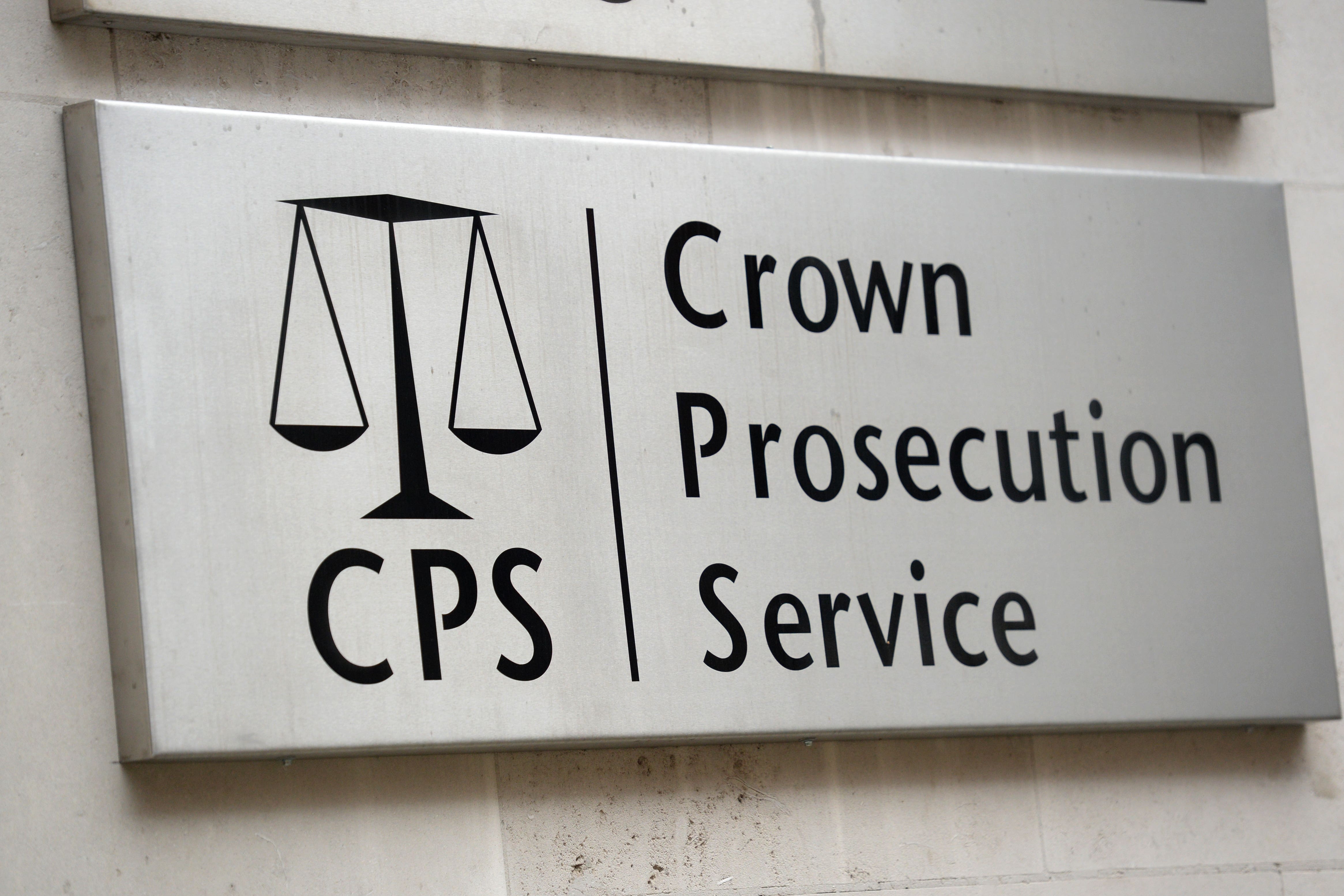Prosecutors aim to get victims back into court to see their attackers sentenced and aid their ‘recovery’
Exclusive: The Independent previously revealed domestic abuse and sexual violence victims are being charged up to tens of thousands of pounds to access court scripts after being wrongly advised not to attend court

Your support helps us to tell the story
From reproductive rights to climate change to Big Tech, The Independent is on the ground when the story is developing. Whether it's investigating the financials of Elon Musk's pro-Trump PAC or producing our latest documentary, 'The A Word', which shines a light on the American women fighting for reproductive rights, we know how important it is to parse out the facts from the messaging.
At such a critical moment in US history, we need reporters on the ground. Your donation allows us to keep sending journalists to speak to both sides of the story.
The Independent is trusted by Americans across the entire political spectrum. And unlike many other quality news outlets, we choose not to lock Americans out of our reporting and analysis with paywalls. We believe quality journalism should be available to everyone, paid for by those who can afford it.
Your support makes all the difference.The Crown Prosecution Service has released new guidance to end the misconception that victims should not go back into court after giving evidence as doing so could jeopardise the prosecution.
It comes after The Independent revealed domestic abuse and sexual violence victims are being charged up to tens of thousands of pounds to access court scripts after being wrongly advised not to attend court.
Victims described how the Crown Prosecution Service (CPS), police officers, and barristers had recommended that they didn’t go back into court after giving evidence and said they should not attend perpetrators’ sentencing.
This means that they don’t often hear the defence of their attackers and are then left with unanswered questions about their court cases which can only be resolved by paying the high cost of court transcripts.
But now the CPS has released new guidance, shared exclusively with The Independent, that strives to tackle the misconception that victims or witnesses who give evidence should avoid sitting in the public gallery due to unfounded concerns they could endanger the prosecution.
Understanding what went on at trial is often crucial to a victim’s recovery, and facilitating and encouraging victims’ attendance so they can understand what happens in their case will serve to create a more open justice system
Claire Waxman OBE, London's Victims' Commissioner, said she was “delighted” the CPS has “heard and responded to victims’ experiences".
She added: “I am very pleased to see this refresh of the Crown Prosecution Service’s Witness Guidance, clarifying that a victim can attend the trial after giving evidence, and equipping prosecutors with the knowledge to have this conversation with a victim.
“As part of the Open Justice for All campaign, victims told us that they were often strongly dissuaded from attending the trial after giving evidence, even when they wanted to be there.
“Understanding what went on at trial is often crucial to a victim’s recovery, and facilitating and encouraging victims’ attendance so they can understand what happens in their case will serve to create a more open justice system.”
Ms Waxman previously told The Independent that victims are being wrongly warned that going back into the court will make them appear “bitter” or “vindictive” and harm their chances of securing justice against their perpetrator.
“Especially if you are vulnerable and have used special measures for evidence, it is thought the judge won’t look kindly on you,” she added.
She said most victims she had encountered complied with the incorrect advice they were given and did not go back into the court.
The CPS’s updated Witness Prosecution Guidance asks prosecutors to consider whether the victim or witness can attend the trial remotely and team up with the court to enable this.
Grace Ononiwu CBE, director of legal services for the CPS, said: “Victims have the right not only to expect justice to be done, but also to see it done – and we have always been clear that both victims and witnesses have the right to watch the rest of a trial after they have given evidence.
“But too often victims have been wrongly left with the impression that by staying in court they could somehow jeopardise the outcome – forcing them to make a false choice between seeing a trial unfold and securing the justice they deserve.”
Join our commenting forum
Join thought-provoking conversations, follow other Independent readers and see their replies
Comments